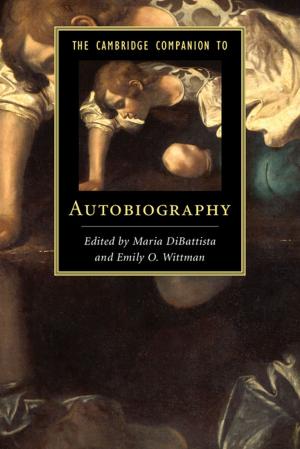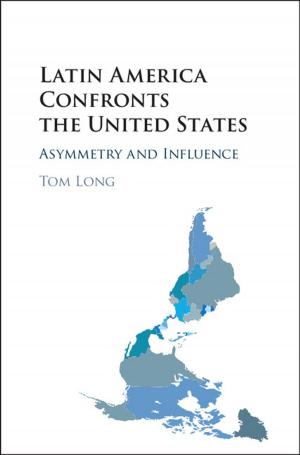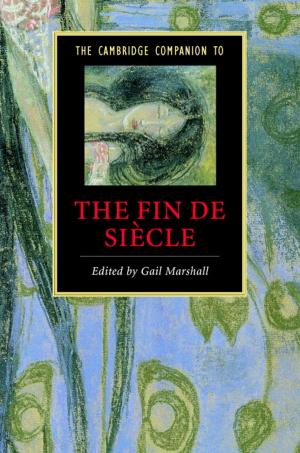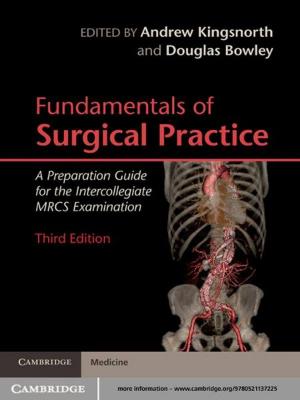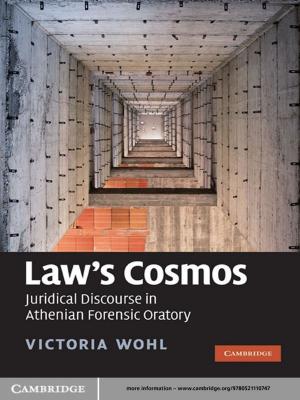Shakespeare's Reading Audiences
Early Modern Books and Audience Interpretation
Fiction & Literature, Literary Theory & Criticism, British, Nonfiction, History| Author: | Cyndia Susan Clegg | ISBN: | 9781108120777 |
| Publisher: | Cambridge University Press | Publication: | June 26, 2017 |
| Imprint: | Cambridge University Press | Language: | English |
| Author: | Cyndia Susan Clegg |
| ISBN: | 9781108120777 |
| Publisher: | Cambridge University Press |
| Publication: | June 26, 2017 |
| Imprint: | Cambridge University Press |
| Language: | English |
This study grows out of the intersection of two realms of scholarly investigation - the emerging public sphere in early modern England and the history of the book. Shakespeare's Reading Audiences examines the ways in which different communities - humanist, legal, religious and political - would have interpreted Shakespeare's plays and poems, whether printed or performed. Cyndia Susan Clegg begins by analysing elite reading clusters associated with the Court, the universities, and the Inns of Court and how their interpretation of Shakespeare's Sonnets and Henry V arose from their reading of Italian humanists. She concludes by examining how widely held public knowledge about English history both affected Richard II's reception and how such knowledge was appropriated by the State. She also considers The Merry Wives of Windsor, Henry V, and Othello from the point of view of audience members conversant in popular English legal writing and Macbeth from the perspective of popular English Calvinism.
This study grows out of the intersection of two realms of scholarly investigation - the emerging public sphere in early modern England and the history of the book. Shakespeare's Reading Audiences examines the ways in which different communities - humanist, legal, religious and political - would have interpreted Shakespeare's plays and poems, whether printed or performed. Cyndia Susan Clegg begins by analysing elite reading clusters associated with the Court, the universities, and the Inns of Court and how their interpretation of Shakespeare's Sonnets and Henry V arose from their reading of Italian humanists. She concludes by examining how widely held public knowledge about English history both affected Richard II's reception and how such knowledge was appropriated by the State. She also considers The Merry Wives of Windsor, Henry V, and Othello from the point of view of audience members conversant in popular English legal writing and Macbeth from the perspective of popular English Calvinism.


